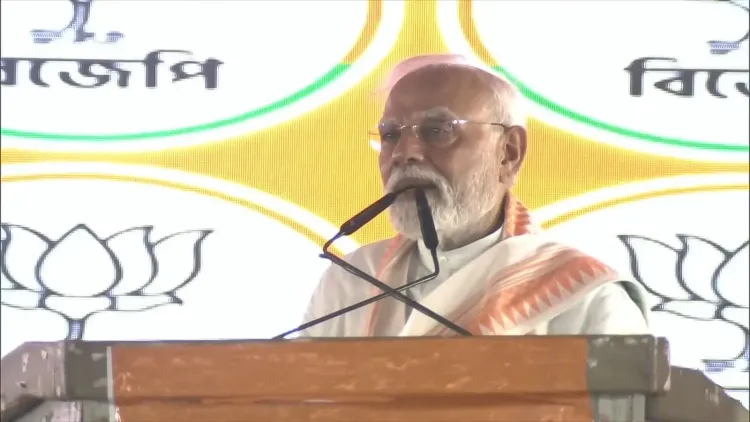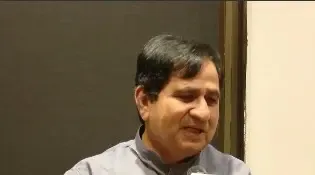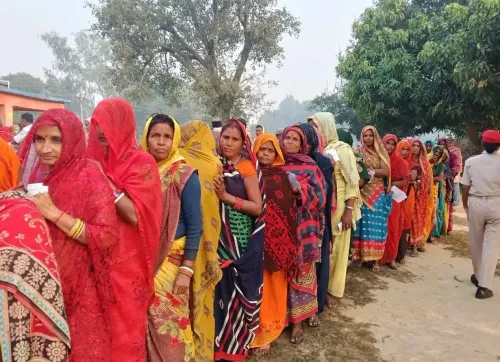Is Development in West Bengal Feasible Without TMC's Exit?

Synopsis
Key Takeaways
- Socio-economic development in West Bengal is tied to political leadership.
- The BJP claims it can transform West Bengal into an industrial powerhouse.
- Concerns regarding youth migration and safety issues are significant.
- PM Modi highlights the need for a shift in governance for investment and progress.
- Communal violence and police bias are barriers to development.
Kolkata, July 18 (NationPress) The socio-economic progress of West Bengal cannot be achieved as long as the Trinamool Congress governs the state, asserted Prime Minister Narendra Modi during a rally on Friday.
The Prime Minister spoke at a political event organized by the BJP in the industrial town of Durgapur, located in the West Burdwan district.
“For the advancement of West Bengal, the Trinamool Congress must be removed. Only the BJP can facilitate this transformation. If the BJP assumes power in West Bengal, the state will become one of the most industrially prosperous regions in India. For instance, Tripura has seen significant development since the BJP took charge. Similarly, Odisha is rapidly advancing toward becoming a major industrial hub under BJP leadership,” stated the Prime Minister.
He noted that previously, individuals from various parts of India would migrate to Kolkata for employment. “Now, the scenario has flipped. Young people from West Bengal are fleeing the state for even basic jobs,” he remarked.
During his address, Modi elaborated on the communal violence in the minority-heavy district of Murshidabad, which he claimed occurred with the support of certain Trinamool Congress leaders and some law enforcement personnel, thereby deterring industrialists from investing in the state.
“In West Bengal, the police often behave unfairly in incidents like those in Murshidabad. Due to extortion schemes orchestrated by ruling Trinamool Congress leaders, no investor wishes to put money into Bengal. The Trinamool Congress must go; otherwise, West Bengal will continue to deteriorate,” Modi emphasized.
He also referenced the horrific rape and murder of a junior doctor at R.G. Kar Medical College in Kolkata last August, as well as the recent rape of a law student in her college in Kasba, South Kolkata.
“Just as the nation was reeling from the shock of the R.G. Kar incident, the rape of a law student within her college premises sent shockwaves across the country once more. In both cases, the ruling party and the administration appeared to protect the offenders,” the Prime Minister concluded.








